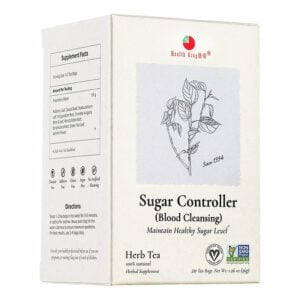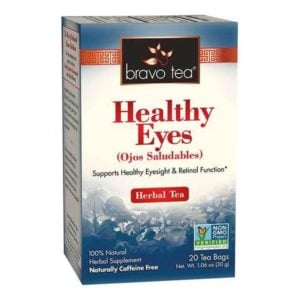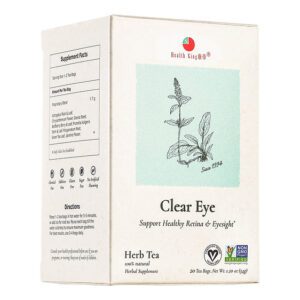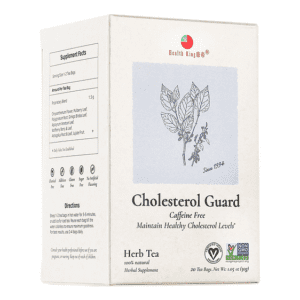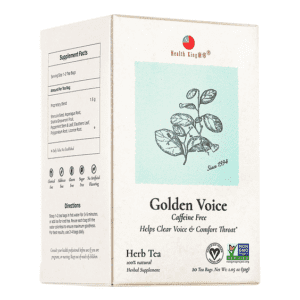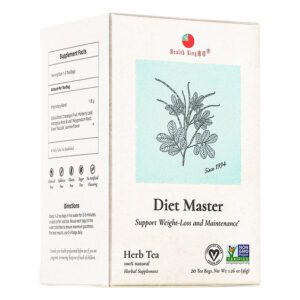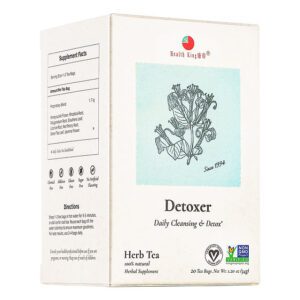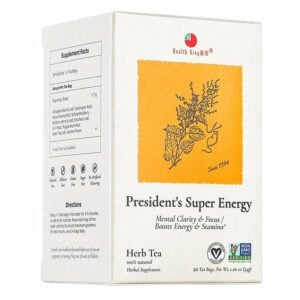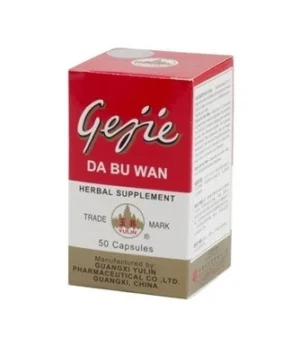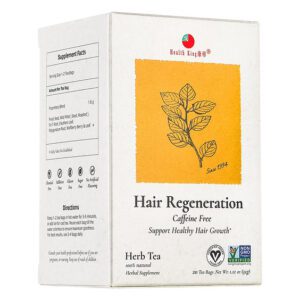Yu Zhu
English Name: polygonatum rhizome
Literal Translation: “jade bamboo”
Pharmaceutical Name: Rhizoma Polygonati Odorati
Medica Category: Yin-Tonifying Herbs
Properties: Yu Zhu enters the Lung and Stomach channels; it is sweet in nature and neutral in temperature.
What is Yu Zhu?:
The Chinese Herb Yu Zhu is the dried rhizome of a plant commonly known as Fragrant Solomon’s Seal (Polygonatum odoratum (Mill.) Druce). It shade-loving perennial in the asparagus family that typically grows to 18-24” tall on low, gracefully arching unbranched stems. It is native to shaded slopes and woodland areas in temperate regions of Europe and Asia; in China, it is grown for commercial use in Zhejiang, Hunan and Jiangsu provinces. The rhizomes are harvested twice a year and dried for use as medicine.
Traditional Chinese Medicine (TCM) Therapeutic Actions of Yu Zhu:
Yu Zhu moistens the Lung and was traditionally used in TCM to address dry cough that would come in the autumn with the coming of winter (i.e. from wind-cold pathogenic attacks). Today, Yu Zhu is used clinically to address dry cough with scanty, sticky, and/or difficult to expectorate sputum (with accompanying presentation of dry mouth and throat). Being relatively mild and neutral in temperature (point being it does not clear Lung heat), it is commonly combined with other herbs that nourish yin, moisten dryness, and clear heat (as in the formula Sha Shen Mai Dong Tang— Glehnia and Ophiopogonis Decoction).
Yu Zhu generates body fluids and nourishes the Stomach to treat various Stomach yin deficiency syndromes that may present as: hunger without the desire to eat, dull epigastric pain, stomach discomfort, and dry mouth/throat.
Yu Zhu nourishes yin and generates body fluids to treat xiao ke (wasting and thirsting) syndrome characterized by Lung, Stomach, and Kidney yin deficiency.
–safety/clinical notes:
Use not recommended for cases of Spleen deficiency, dampness accumulation, phlegm stagnation, or qi stagnation.
Products Containing Tag: Yu Zhu – Polygonatum Rhizome – Rhizoma Polygonati Odorati
-
Sugar Controller Herb Tea – by Health King
Add to CartStarting at $7.99
-
Healthy Eyes Tea – by Bravo Tea
Add to CartStarting at $6.99
-
Clear Eye Herb Tea – by Health King
Add to CartStarting at $7.99
-
Cholesterol Guard Herb Tea – by Health King
Add to CartStarting at $7.99
-
Golden Voice Herb Tea – by Health King
Add to CartStarting at $7.99
-
President’s Super Energy Herb Tea – by Health King
Add to CartStarting at $7.99
-
Gejie Da Bu Wan – by Yulin Brand
Add to Cart$13.99
-
Hair Restoration Herb Tea – by Health
Add to CartStarting at $7.99

